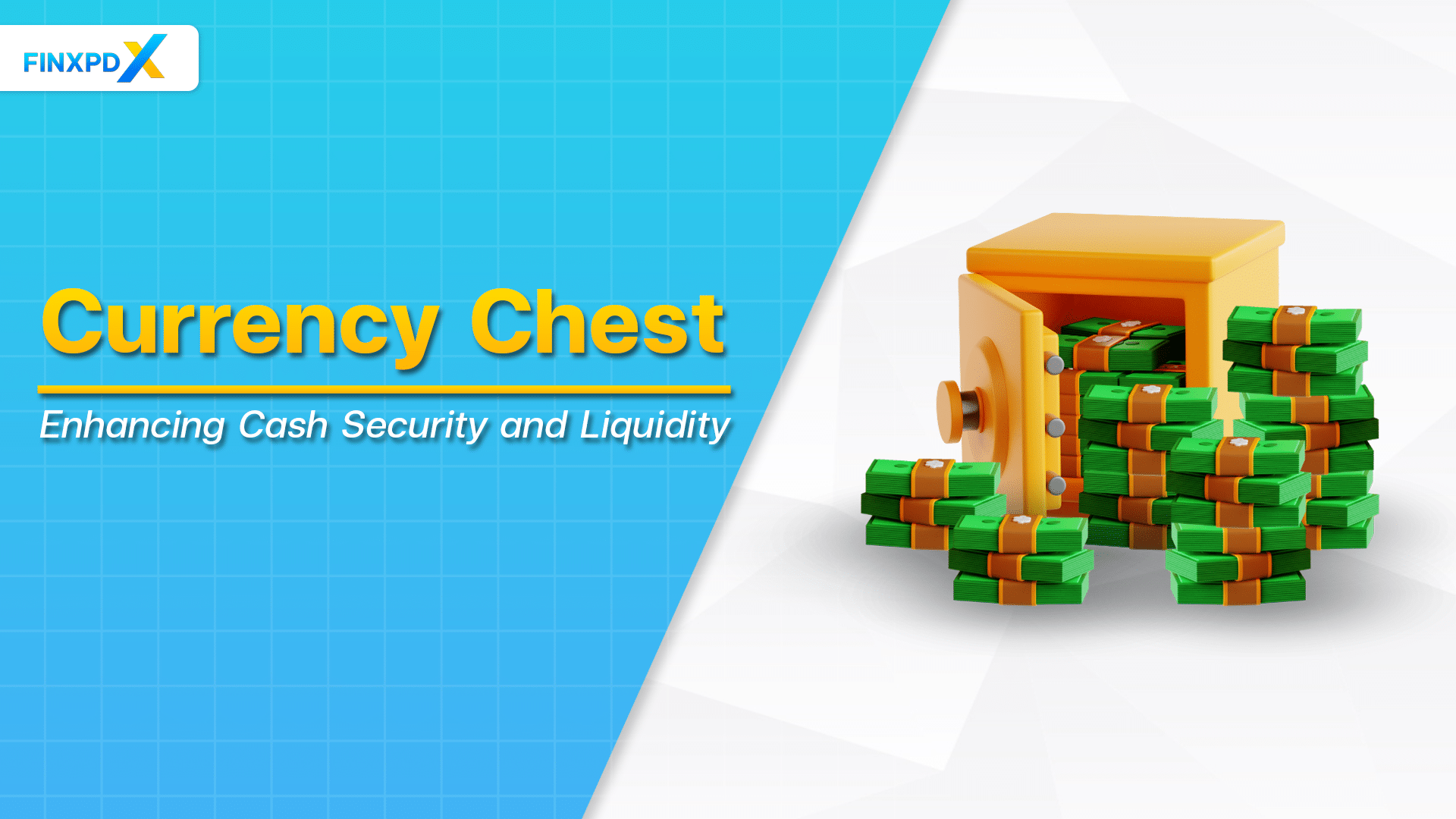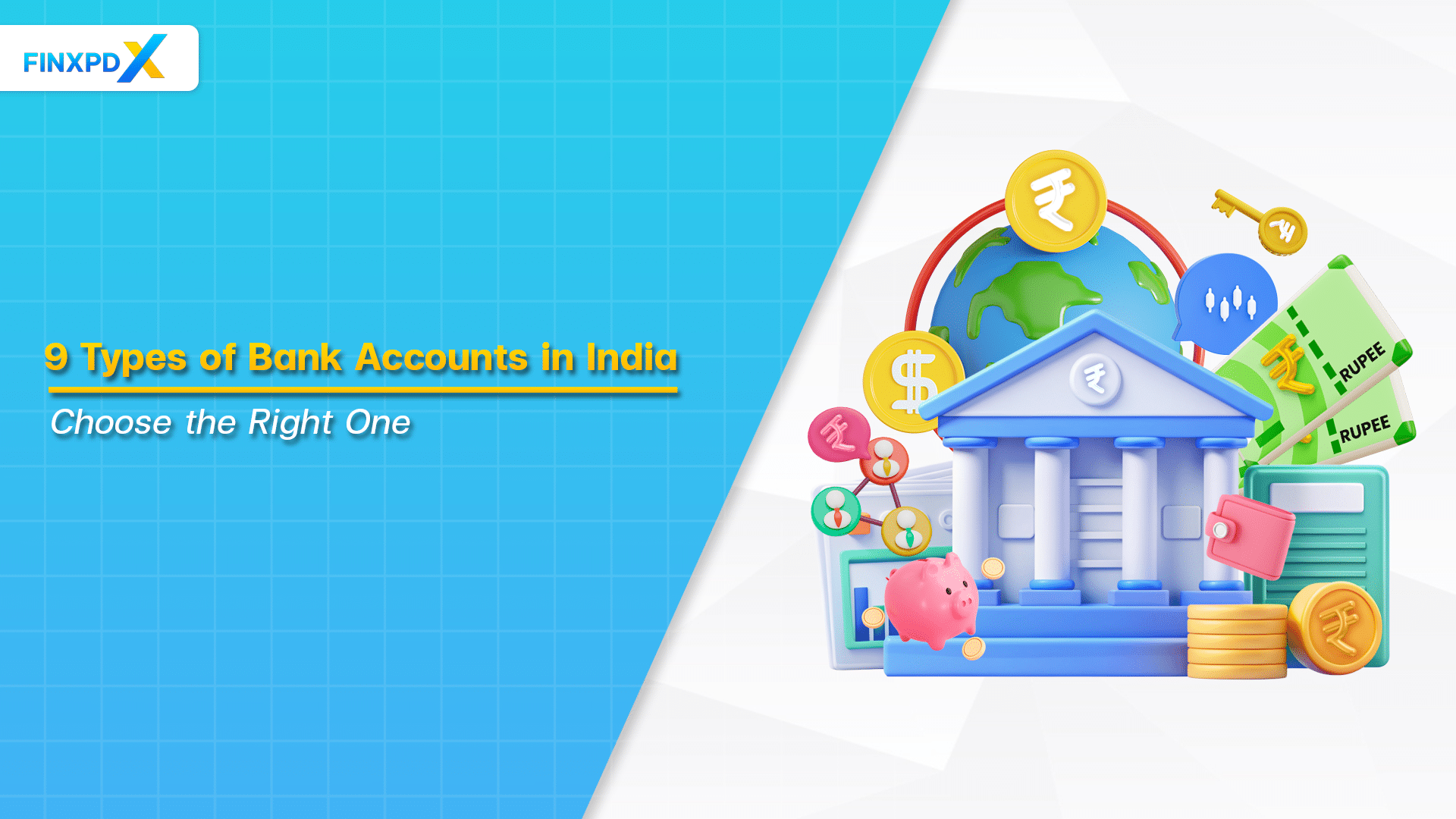India is growing fast, and its banks are a big part of that. Although they offer so many banks with different services, it can be hard to pick the right one. This article lists the top 10 banks in India and focuses on their features. Whether you live in India or not, this guide will help you find out which is the best bank in India, as well as the largest one in the country.
An Overview of Banks in India
The banking industry in India is an important driver of the country’s economic growth, featuring a diverse mix of public, private, and foreign banks. Governed by the Reserve Bank of India (RBI), these institutions offer a broad spectrum of services, from retail and corporate banking to investment and digital banking solutions.
While they face challenges like non-performing assets and cybersecurity risks, opportunities for digital transformation and financial inclusion are abundant. Overall, the sector effectively caters to the varied financial needs of India’s population and plays a vital role in the nation’s economic development.
Key Takeaways
- These top 10 banks in India have a significant international footprint, extending their services beyond India.
- Most of the best banks in India offer various investment products like mutual funds and fixed deposits, catering to different risk appetites.
- To enhance their digital platforms, many of these banks are partnering with fintech companies for innovative solutions.
List of Top 10 Banks in India 2023
If you are considering making an investment in India, it is important to learn the top 10 banks in India to find out what is the best bank in India that you should consider. Remember to choose it wisely to suit your needs.
1. HDFC Bank: Private Sector Bank

Headquarter: Mumbai
Founder: Hasmukhbhai Parekh
Established: 1994
Net Income: ₹204,666 cr
Revenue: ₹170750 cr
Number of Branches: 7,821
Number of ATMs: 19,727
Overview
HDFC Bank takes the top spot on the list of top banks in India. It’s a leading private bank that started in 1994 and is recognized as the largest bank in India. Known for its wide range of financial options, cutting-edge digital banking, and focus on customer service, HDFC meets the financial needs of individuals and businesses alike.
Products
- Investment products (Mutual funds, fixed-income products, etc.)
- Insurance products (Life insurance, health insurance, etc.)
- Recurring deposits
- Savings accounts
- Current accounts
- Fixed deposits
- Forex services
- Trade finance services
- Loans (Home loans, personal loans, car loans, education loans, etc.)
- Credit cards
- Debit cards
- Net banking
- Mobile banking
- NRI banking services
- Corporate banking services
- Wealth management services
2. ICICI Bank: Leading Private Bank in India

Headquarter: Mumbai
Founder: Sir Arcot Ramasamy Mudaliar
Established: January 1994
Net Income: ₹34,036.64 cr
Revenue: ₹186,178.80 cr
Number of Branches: 5,900
Number of ATMs: 16,650
Overview
ICICI Bank ranks second in the list of top 10 banks in India. As a major player in the private sector, it provides several financial services. The bank stands out for its strong customer focus and widespread reach.
Products
- Investment products (Mutual funds, fixed-income products, etc.)
- Insurance products (Life insurance, health insurance, etc.)
- Loans (Home loans, personal loans, car loans, education loans, etc.)
- Credit cards
- Debit cards
- Recurring deposits
- Savings accounts
- Current accounts
- Fixed deposits
- Net banking
- Mobile banking
- NRI banking services
- Corporate banking services
- Agri banking services
- Forex services
- Trade finance services
- Wealth management services
3. Bank of Baroda: Merged Entity With Vijaya Bank

Headquarters: Vadodara, Gujarat
Founder: Sayajirao Gaekwad III
Established: July 1908
Net Income: ₹14,905.20 cr
Revenue: ₹110,777.98 cr
Number of Branches: 8,546
Number of ATMs: 10,033
Overview
Bank of Baroda is another largest bank in the list of top 10 banks in India. It’s a powerhouse in the public sector with branches all over the country. Known for its long and successful history, the bank is committed to offering a wide range of financial services. It serves everyone, from individuals to big companies.
Products
- Investment products
- Insurance products
- Loans (Personal loans, home loans, car loans, education loans, etc.)
- Credit cards
- Debit cards
- Savings accounts
- Current accounts
- Fixed deposits
- Recurring deposits
- Net banking
- Mobile banking
- NRI banking services
- Corporate banking services
- MSME (Micro, Small, and Medium Enterprises) banking services
- Government banking services
4. Canara Bank: Public Sector Bank in India

Headquarter: Mangalore
Founder: Ammembal Subba Rao Pai
Established: July 1906
Net Income: ₹10,807.80 cr
Revenue: ₹111,209.76 cr
Number of Branches: 9,720
Number of ATMs: 10,745
Overview
Canara Bank holds the fourth spot in one of the top 10 banks in India list. As a key public sector bank, it has a broad network of branches and offers various banking services. The bank focuses on keeping customers satisfied and making it accessible to everyone.
Products
- Investment products
- Insurance products
- Loans (Personal loans, home loans, car loans, education loans, etc.)
- Credit cards
- Debit cards
- Savings accounts
- Current accounts
- Fixed deposits
- Recurring deposits
- Net banking
- Mobile banking
- NRI banking services
- Corporate banking services
- MSME (Micro, Small, and Medium Enterprises) banking services
- Government banking services
5. Union Bank of India: Merged Entity With Andhra Bank

Headquarter: Mumbai
Founder: Seth Sitaram Poddar
Established: November 1919
Net Income: ₹₹8,511.70 cr
Revenue: ₹97,078.50 cr
Number of Branches: 8,873
Number of ATMs: 12,800
Overview
Union Bank of India ranks fifth among the list of top banks in India. This leading public sector bank offers a wide variety of financial services to meet the different needs of its customers. The bank aims to make banking easy and available for everyone.
Products
- Investment products
- Insurance products
- Loans (Personal loans, home loans, car loans, education loans, etc.)
- Credit cards
- Debit cards
- Savings accounts
- Current accounts
- Fixed deposits
- Recurring deposits
- Net banking
- Mobile banking
- NRI banking services
- Corporate banking services
- MSME (Micro, Small, and Medium Enterprises) banking services
- Government banking services
6. IndusInd Bank: Private Sector Bank in India

Headquarter: Mumbai
Founder: S. P. Hinduja
Established: April 1994
Net Income: ₹7,443 cr
Revenue: ₹44,540 cr
Number of Branches: 2,265
Number of ATMs: 183
Overview
IndusInd Bank is also one of the top 10 banks in India. As a standout private sector bank, it’s known for putting customers first, offering various services, and coming up with creative financial options. The bank has served everyone, from individual customers to businesses.
Products
- Investment products
- Insurance products
- Loans (Personal loans, home loans, car loans, education loans, etc.)
- Credit cards
- Debit cards
- Savings accounts
- Current accounts
- Fixed deposits
- Recurring deposits
- Net banking
- Mobile banking
- Wealth management services
- NRI banking services
- Corporate banking services
7. Kotak Mahindra Bank: Leading Indian Private Bank

Headquarter: Mumbai
Founder: Uday Kotak
Established: 1985
Net Income: ₹14,925.01 cr
Revenue: ₹67,981.02 cr
Number of Branches: 1,600
Number of ATMs: 2,519
Overview
Kotak Mahindra Bank ranks seventh in India’s top 10 banks. As a leading private bank, it has made a name for itself through its focus on customers, innovation, and financial expertise. The bank offers a full range of financial services to serve the diverse needs of its clients.
Products
- Investment products
- Insurance products
- Loans (Personal loans, home loans, car loans, education loans, etc.)
- Credit cards
- Debit cards
- Savings accounts
- Current accounts
- Fixed deposits
- Recurring deposits
- Mobile banking
- Wealth management services
- NRI banking services
- Corporate banking services
- Net banking
8. Central Bank of India: Public Sector Bank

Headquarter: Mumbai
Founder: Sir Sorabji Pochkhanawala, Sir Pherozeshah Mehta (Chairman)
Established: December 1911
Net Income: ₹29,625.60 cr
Revenue: ₹25,897.44 cr
Number of Branches: 4,608
Number of ATMs: 3,644
Overview
The Central Bank of India is another key player in the list of top 10 banks in India. As one of the country’s oldest public sector banks, it has a long history and a large network of branches. The bank aims to serve different parts of society and help grow the economy.
Products
- Loans (Personal loans, home loans, vehicle loans, education loans, etc.)
- Credit cards
- Debit cards
- Corporate banking services
- NRI banking services
- Savings accounts
- Current accounts
- Fixed deposits
- Recurring deposits
- Internet banking
- Mobile banking
- Agricultural banking services
- MSME (Micro, Small, and Medium Enterprises) banking services
- Government banking services
- Treasury services
9. Indian Bank: Public Sector Bank

Headquarter: Chennai
Founder: S. Rm. M. Ramaswami Chettiar
Established: August 1907
Net Income: ₹5,282 cr
Revenue: ₹52,085 cr
Number of Branches: 5,815
Number of ATMs: 2,964
Overview
Indian Bank takes the ninth rank in the list of top 10 banks in India. As a well-known public sector bank, it offers a wide range of financial services like credit cards, loans, and savings accounts, along with various investment options. The bank aims to meet the financial needs of individuals, businesses, and larger corporations.
Products
- Loans (Home loans, vehicle loans, personal loans, education loans, etc.)
- Credit cards
- Debit cards
- Recurring deposits
- Savings accounts
- Current accounts
- Fixed deposits
- Internet banking
- Mobile banking
- NRI banking services
- Corporate banking services
- Agricultural banking services
- MSME (Micro, Small, and Medium Enterprises) banking services
- Government banking services
- Treasury services
10. Axis Bank

Established: December 1993
Founder: Manmohan Singh
Headquarter: Mumbai
Net Income: ₹10,820 cr
Revenue: ₹1,06,200 cr
Number of Branches: 4,903
Number of ATMs: 15,953
Overview
Axis Bank is one of the top 10 banks in India and is considered the largest bank in India. It is a leading private-sector bank, with a strong presence both domestically and internationally. The bank has grown exponentially, offering a comprehensive range of financial products and services to individual customers, small businesses, and large corporations.
Products
- Loans (Home loans, personal loans, car loans, education loans)
- Insurance
- Credit Cards
- Debit Cards
- Forex Cards
- Mutual Funds
- Recurring Deposits
- Savings Accounts
- Current Accounts
- Fixed Deposits
- Demat Account
- Business Loans
- Merchant Services
- Cash Management
- Digital Banking (Internet banking, mobile banking, UPI payments)
- NRI Accounts
- NRI Home Loans
Conclusion
The top 10 banks in India offer a variety of financial services that meet the needs of individuals, businesses, and big corporations. These banks have earned their top spots through a strong presence, a focus on customers, and professional technology solutions.
Whether you’re looking for savings accounts, loans, or credit cards, these top 10 banks in India list could help you make a decision. They’ve become a good choice for many investors, due to their wide branch networks and solid online platforms. As the safest bank in India and largest banks in India, they’re key players in growing India’s economy. Their commitment to innovation and inclusivity makes them stand out to lead the Indian banking sector.
FAQs
HDFC Bank is often considered the No. 1 bank in India based on assets, customer service, and overall performance.
HDFC Bank is also frequently cited as the most profitable bank in India.
Canara Bank and Central Bank of India are public sector banks that generally have the backing of the government, making them commonly perceived as safer options.
Kotak Mahindra Bank has gained recognition as one of India’s rapidly expanding banks in recent years.
High-net-worth individuals in India often prefer using private sector banks like HDFC Bank and ICICI Bank for their specialized services.
Related Articles:
- Post Office Savings Scheme: Financial Security and Growth
- Digital Rupee: Pros & Cons and How to Buy?
Read more: Banking








